Are super-rich wielding power in Britain? A stark new report from the Equality Trust warns that structural corruption and the rise of “conduits for unelected power” are reshaping British politics.
Over the past two decades, the influence of the ultra-wealthy and the institutions that amplify it has grown significantly, the report claims, raising concerns about the concentration of power outside the electorate.
“Our new Concentration of Power Index shows that wealth concentration aligns with power. Our index rises almost exactly in step with increases in the top 1% share of wealth. This correlation is strong and statistically significant,” The Guardian quoted Priya Sahni-Nicholas, the co-executive director of Equality Trust, as saying.
The study titled ‘Money, Media and Lords: How the ultra-rich are shaping Britain’ argues that unelected power in Britain has risen sharply at the same time as an increasing amount of money is spent on political access and influence.
“These trends move in lockstep with wealth concentration at the top and are increasingly embedded within the country’s political and media systems,” added Sahni-Nicholas.
Power concentration
The report highlights how the House of Lords appointments, large political donations, and concentrated media ownership act as “conduits for unelected power.”
Over the past 20 years, unelected membership of the Lords have risen from 676 to 803, while political donations above £250,000 jumped from £7.6m to over £47m.
Last week, seven peers were accused of acting “all but unconstitutionally” by effectively blocking a Commons-passed bill.
Analysis by The Guardian found that one in ten peers received payment for political advice during the 2019–2024 parliament.
Quick Reads
View AllMeanwhile, media ownership has become more concentrated, with the UK’s three largest news conglomerates controlling roughly 90% of the market, up from 71%.
“This is structural corruption,” Sahni-Nicholas argued. “It is a legal, slow-moving operation where institutions adapt to serve concentrated wealth.”
Media monopoly
According to The Guardian report, the UK government is considering amendments that would allow foreign states to own up to 15% of British newspapers and magazines, raising concerns over media influence.
Critics are already wary of the dominance of tech giants, with Google handling 93% of UK search traffic and, alongside Meta, accounting for three-fifths of all UK advertising spend.
The Equality Trust report calls for limiting private political donations to £5,000, curbing political appointments, promoting diverse ownership, and funding independent local media to counter the influence of a few major players.
Research highlights the concentration of UK media: DMG Media, News UK, and Reach now control 90% of national newspaper circulation, up 20% since 2014. Local news is similarly consolidated, with Newsquest and National World owning 51% of the UK’s 882 local newspapers and websites.
The report warns that the opaque power of a few tech platforms and media conglomerates threatens independent journalism and digital rights.
“The ultra-rich media owners are tightening their grip on democracy," The Guardian quoted Prof Robert Reich, the co-founder of Inequality Media, as saying.
“Billionaire media owners like [Elon] Musk, [Jeff] Bezos, [Larry] Ellison and [Rupert] Murdoch are businessmen first and foremost,” he said, adding, “Their highest goal is not to inform the public but to make money."
“In an era when wealth is concentrated in the hands of a few individuals who have bought up key media there is a growing danger that the public will not be getting the truth it needs to function in this democracy,” said Reich.
With inputs from agencies


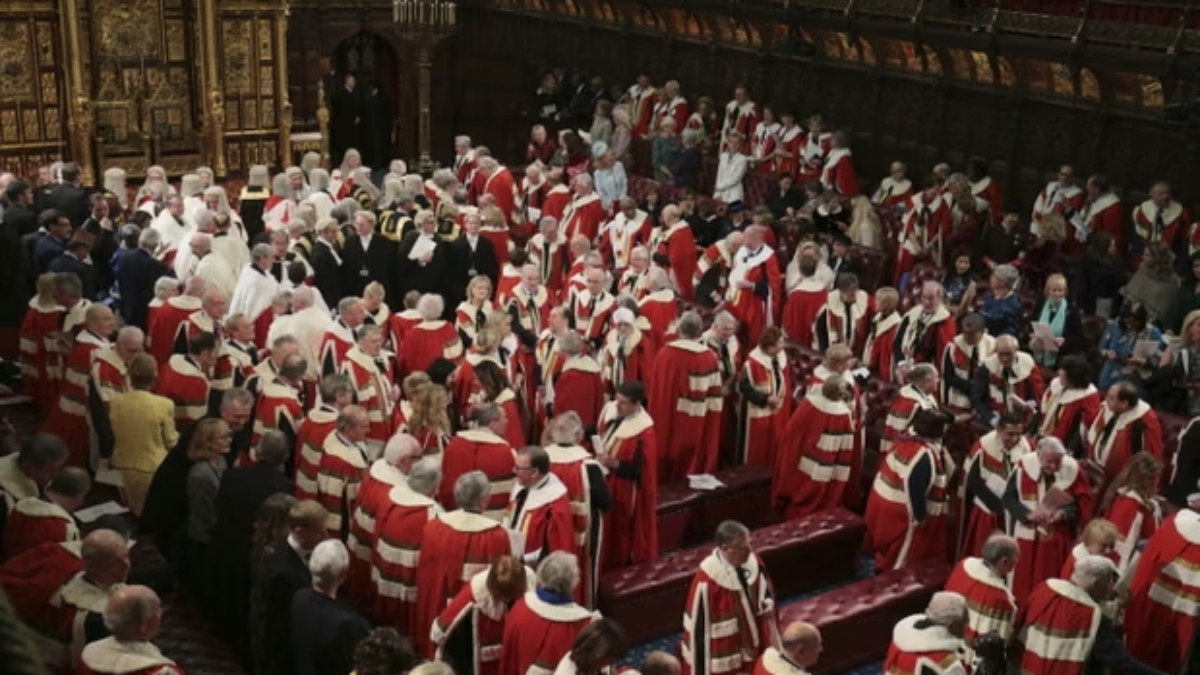)

)
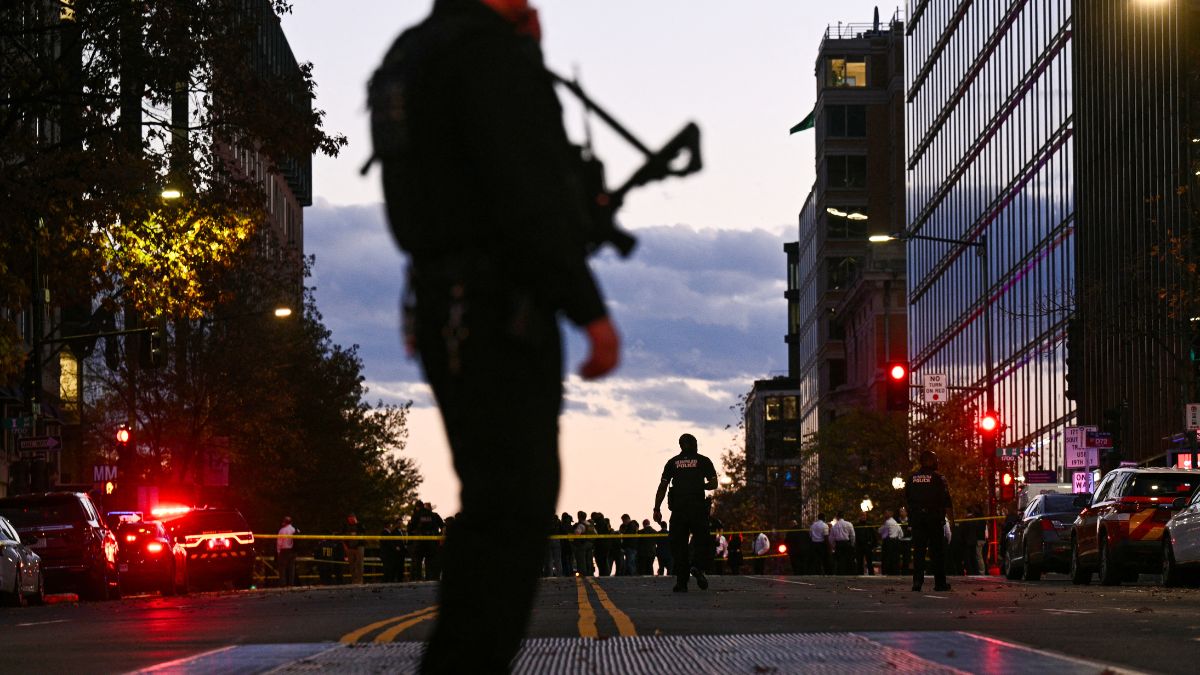)
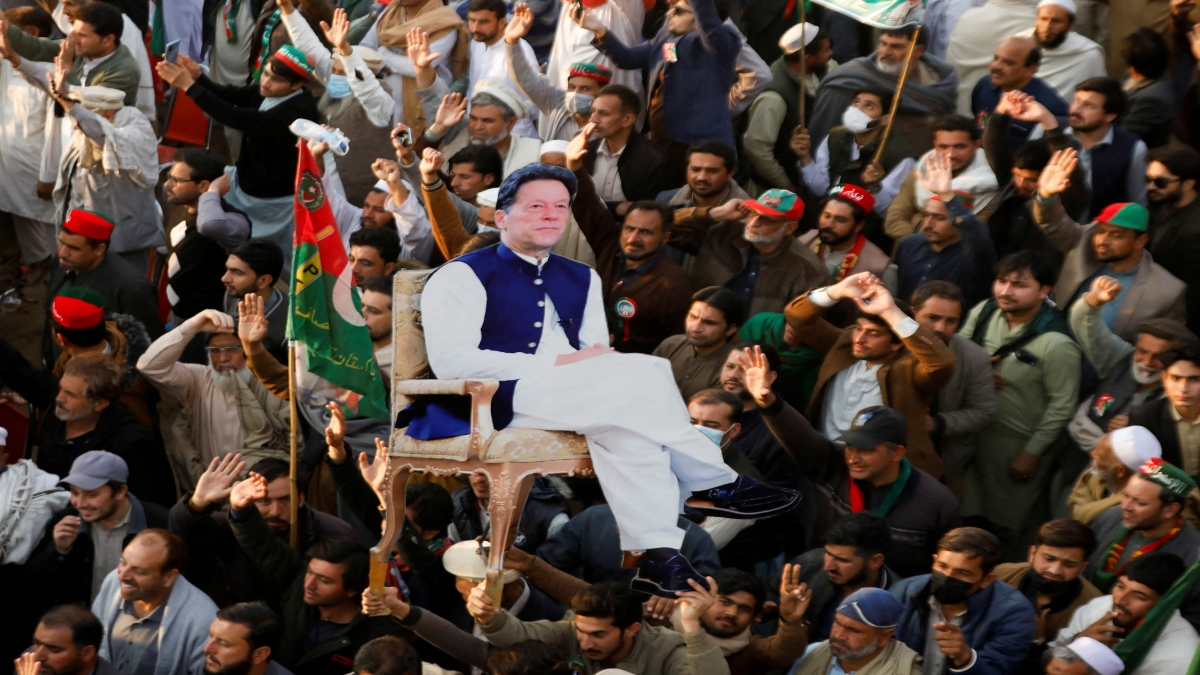)
)
)
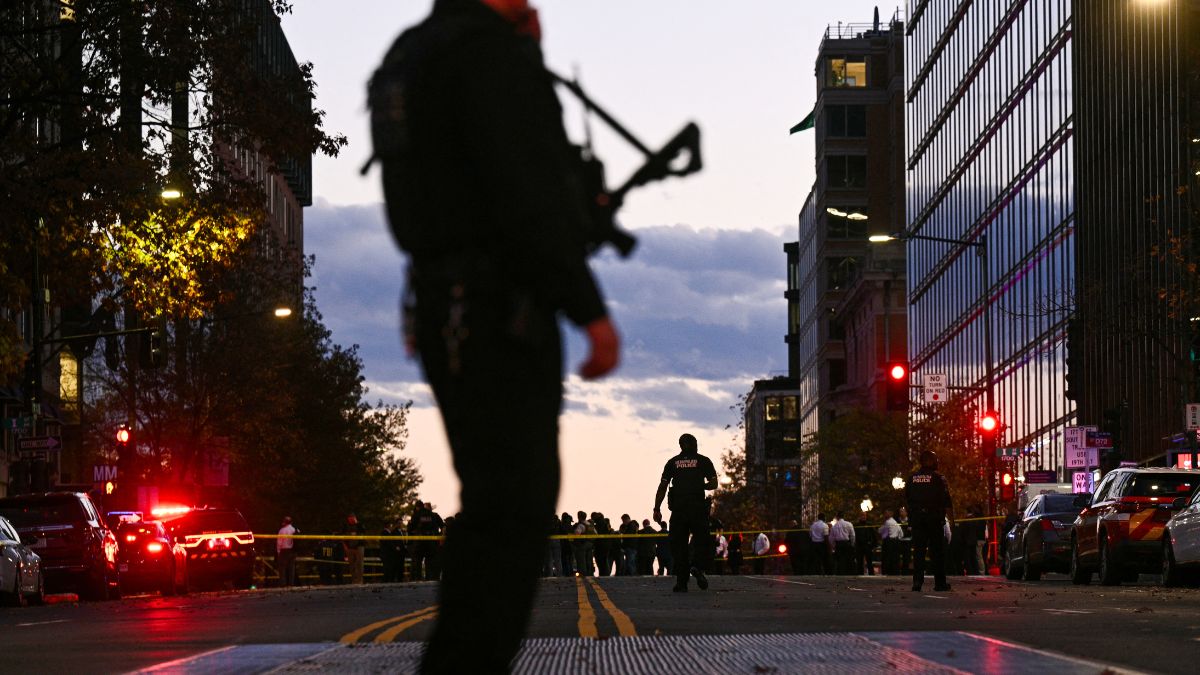)
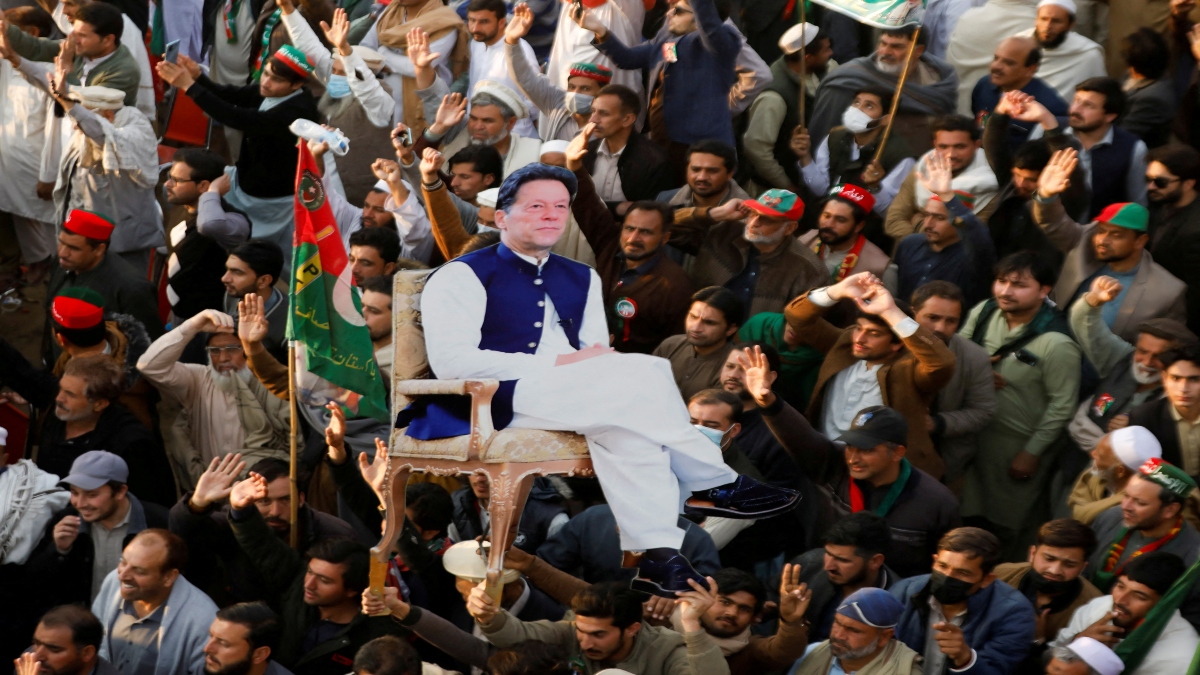)
)



